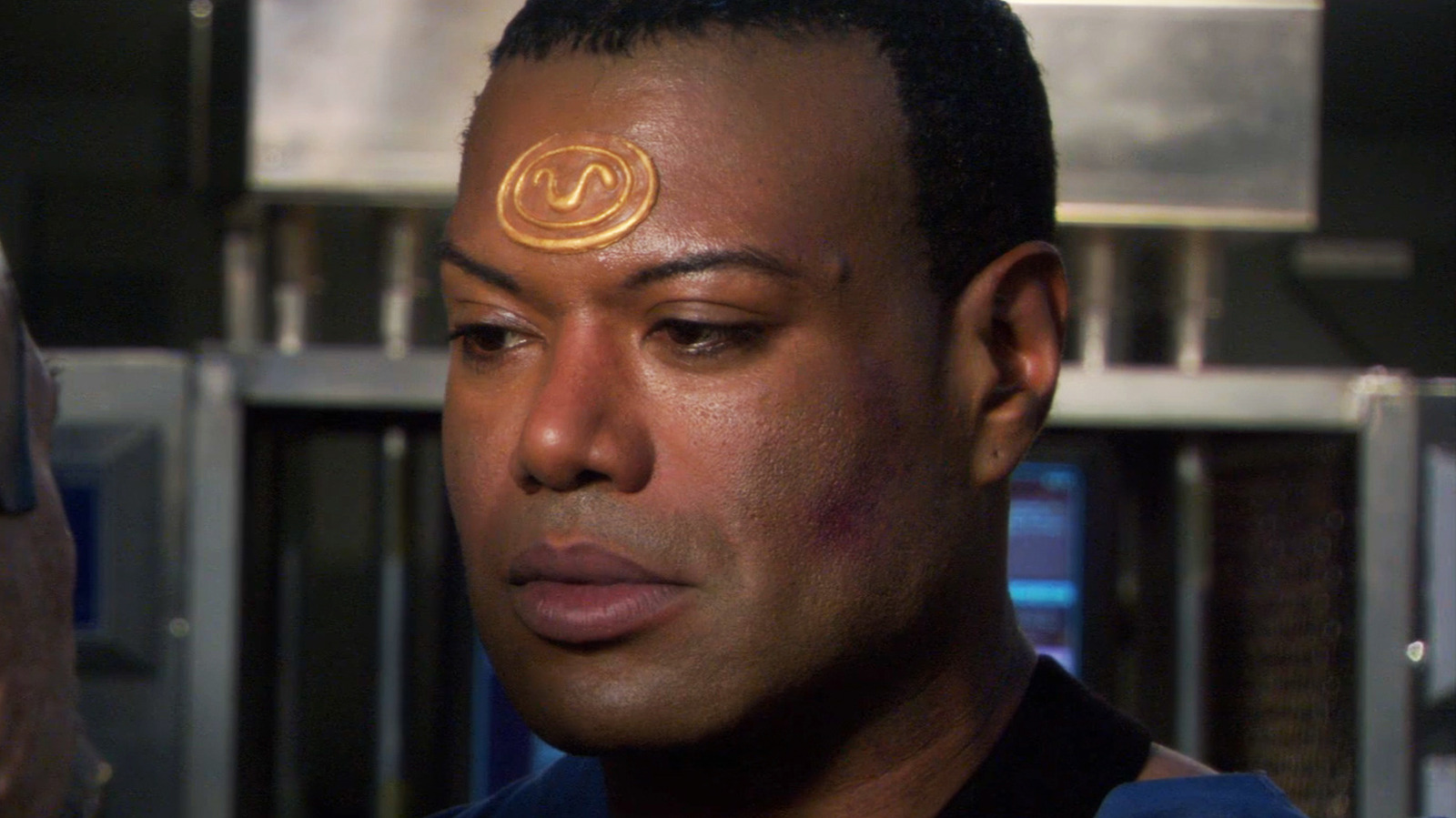With an expansive sci-fi series such as *Stargate SG-1*, there’s already so much lore and universe-specific rules to keep in mind that it’s sort of impressive the writers managed to keep the consistency they did across 10 seasons. But alongside ensuring Anubis, the System Lord, and his history made sense and that the Zat guns operated according to the show bible, the writers also made sure they were telling stories with heart. In fact, they had a rule about it.
While co-creator Brad Wright has two regrets about making *Stargate SG-1*, it seems pumping the show full of heartfelt moments isn’t one of them. In a piece written for *The Companion*, Wright explained his rules for sci-fi shows, noting how these guidelines “give our heroes the boundaries of what’s possible, limiting their options,” which ultimately makes their victories “all the more sweet.”
He also laid out his view that when science fiction films or shows break rules without good reason, “it is at best alienating and at worst, a betrayal.” But beyond that, Wright had one particular rule that stood above all others:
> “A story must have heart. If it doesn’t move the audience to laughter or to tears, to love of its characters, to surprise or to wonder, then all the rules in the world won’t matter.”
As dense with lore as a show like *SG-1* was, it seems the writers never forgot that they were storytellers above all else, and not merely codifying the rules of an imaginary sci-fi universe. All 10 seasons of *SG-1* are a testament to that approach.
*Stargate SG-1* was never the biggest show on TV, though it did set a Guinness World Record for the Longest Consecutive Running Sci-Fi TV Show (which was eventually usurped by *Smallville*). But throughout its 10-season run between 1997 and 2007, it developed and maintained a loyal following.
You don’t do that by simply presenting a series of lore-packed sci-fi adventures with no heart, and *SG-1* was a masterclass on how to successfully keep a fantastical show about giant space portals grounded.
Take, for example, Season 4 episode “Window of Opportunity,” which managed to tell a fun time loop story wherein Richard Dean Anderson’s Colonel Jack O’Neill becomes trapped in a time loop alongside Teal’c (Christopher Judge) and an archaeologist called Malakai (Robin Mossley). While the premise is amusing and fantastical, the way in which things get resolved is actually quite moving.
Likewise, Season 7 episodes “Heroes” (Parts 1 and 2) saw Dr. Janet Fraiser (Teryl Rothery) shot and killed by the Goa’uld before journalist Emmett Bregman (Saul Rubinek) produced a documentary that served as a testament to Fraiser’s sacrifice, convincing the SG-1 team to finally sit down for an interview with him.
Even the hastily rewritten *SG-1* episode “Point of View” was notable for tugging at the heartstrings with its depiction of an alternate version of Samantha Carter (Amanda Tapping) and Jack O’Neill finally kissing for the first time before the alt-Carter has to return to her own universe.
As such, Brad Wright clearly managed to instill in his writers his principle about ensuring stories had heart. The fact he and the team maintained that commitment throughout 10 seasons is, in its own way, quite moving.
https://www.slashfilm.com/1987483/stargate-sg1-rule-guided-show/


